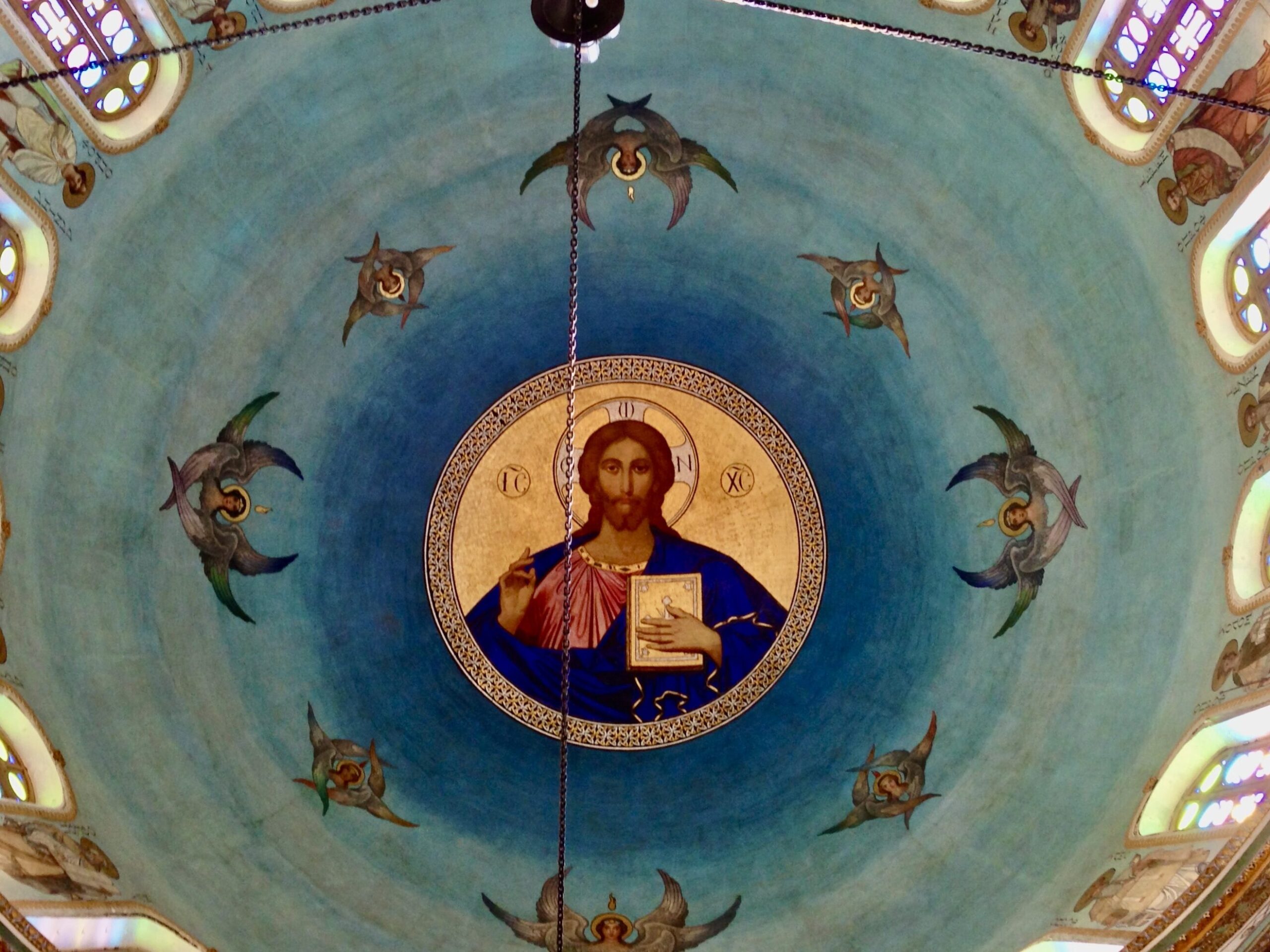
A child has been born for us . . . And His name will be called . . . The Mighty God! The Father of Eternity!
(Isaiah 9:6 TPT)
More than 700 years before it happened, Isaiah sees the most important event of human history: the promised Messiah’s arrival. In various visions, the prophet foresees not only Jesus’ birth but His rejection by Judah’s religious elite. In hindsight, we now know what caused that surprising rejection.
It was not a claim to Messiahship that turned the religious establishment against Jesus. In fact, Jesus diligently avoided making any such claim in public. On the contrary, He frequently pleaded with those who discovered His true identity to keep it a secret.
No, it was His habit of calling God “Father” with affectionate familiarity that set religious teeth on edge. After all, the pious leaders of Judah dared not even pronounce or write God’s name. His references to He and Father being “one” sent them looking for stones with which to crush His skull. (John 10:30-31) And ultimately, it was His matter-of-fact declaration that “before Abraham was, I AM” that drove them mad with murderous rage. (John 8:58-59)
In other words, Jesus plainly claimed to be the Son of God. And to be God.
It was a puzzle. They were actually looking for the Messiah. Centuries of rabbinic study and careful parsing of the scriptures led the learned Jewish scholars of the first century to correctly anticipate the arrival of God’s “Messiah” in their lifetimes. But somehow those studies did not lead them to expect the arrival of God Himself, clothed in human flesh.
Yet even a schoolchild reading Isaiah could see it. The prophet clearly wrote that the “child” would be called “Mighty God.” If Isaiah’s prophecy had been taken at face value, the scholars and scriptural experts would have known that the promised Messiah must somehow be both human and divine. Human because He would be “born.” Divine because He would be called “The Mighty God” and “Everlasting Father.”
The paradox of Jesus’ simultaneous humanity and divinity became the stone over which first century intellectuals and elites stumbled and fell into skeptical disbelief. It is in our day, too. Yet it is the very heart of the good news. It is no wonder John opened his gospel with these words:
In the beginning the Living Expression was already there. And the Living Expression was with God, yet fully God . . . And so the Living Expression became a man and lived among us! We gazed upon his glory, the glory of the One and Only who came from the Father overflowing with grace and truth! (John 1:1,14 TPT)
Don’t stumble over it. Don’t try to understand it. Just believe and rejoice in the astonishing thought that Mighty God, the Father of Eternity, loved you enough to die for you.
Prayer of Declaration
What a mystery! What a miracle! The one called The Mighty God is my Champion. Because of You, Jesus, I too can refer to God as “Father” with the affectionate familiarity You did. Oh, Father of Eternity, You have given me everlasting life.

